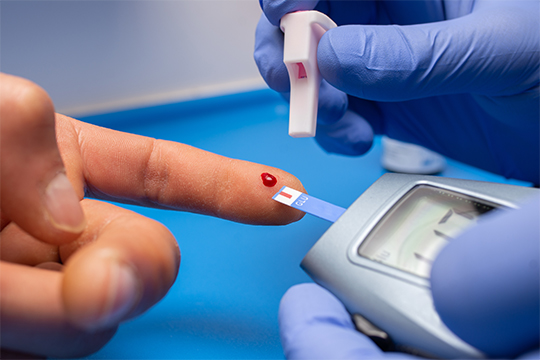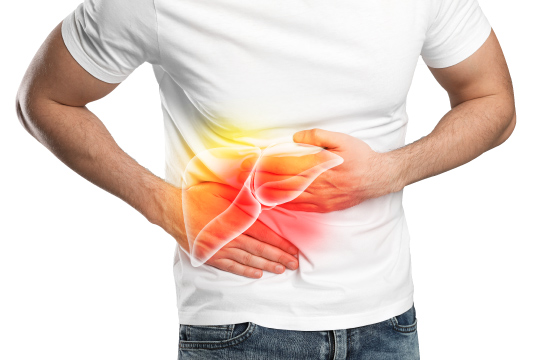Home > Disease and Treatments > Understanding Gallbladder Stones: Symptoms and Treatment at Royal Care Hospital
Understanding Gallbladder Stones: Symptoms and Treatment at Royal Care Hospital
Gallbladder stones, also known as gallstones, are a common medical condition that affects the gallbladder—a small organ located beneath the liver. These stones can vary in size and composition, causing discomfort and pain for those affected. In this blog, we will explore the symptoms and treatment options for gallbladder stones, emphasizing the specialized care provided at Royal Care Hospital.
Symptoms of Gallbladder Stones:
Abdominal Pain:
One of the most common symptoms of gallbladder stones is abdominal pain. This pain is often felt in the upper right side of the abdomen and can be severe, lasting for several hours. A person may experience pain in the back or shoulder blades.
Nausea and Vomiting:
Gallstones can lead to nausea and vomiting, especially after consuming a meal that is high in fat. In addition to these symptoms, you may feel full or bloated.
Jaundice:
In some cases, gallstones can block the bile duct, leading to jaundice. Jaundice is characterized by yellowing of the skin and eyes, dark urine, and pale-colored stools.
Fever and Chills:
If the gallbladder becomes infected due to blocked bile ducts, fever and chills may occur. This indicates a more serious complication and requires immediate medical attention.
Treatment
Diagnostic Procedures:
Royal Care Hospital employs state-of-the-art diagnostic tools to accurately identify gallbladder stones. Imaging tests such as ultrasound, CT scans, and MRIs may be used to visualize the gallbladder and assess the extent of the condition.
Medication:
In cases where gallstones are small and not causing significant symptoms, medication may be prescribed to dissolve the stones. This approach is often considered for patients who are not suitable candidates for surgery.
Laparoscopic Cholecystectomy:
Royal Care Hospital specializes in minimally invasive surgical procedures, such as laparoscopic cholecystectomy. This procedure involves removing the gallbladder through small incisions, resulting in less pain and a quick recovery compared to traditional open surgery.
Endoscopic Retrograde Cholangiopancreatography (ERCP):
For cases where gallstones have caused blockages in the bile duct, ERCP may be recommended. This procedure involves using a combination of endoscopy and X-rays to remove or dissolve the stones.
Postoperative Care:
The experienced medical team at Royal Care Hospital ensures comprehensive postoperative care for patients who undergo gallbladder stone removal. This includes pain management, dietary guidance, and monitoring for any potential complications.
In summary:
Gallbladder stones can be a source of significant discomfort, but with advanced medical care patients can find relief and undergo effective treatment. Whether through medication, minimally invasive surgery, or other specialized procedures, the dedicated healthcare professionals at Royal Care Hospital prioritize patient well-being and work towards restoring health and comfort.
Disclaimer
This is general information about the disease and treatment options, please consult a specialist doctor for the right diagnosis and treatment which may vary based on each patient.





